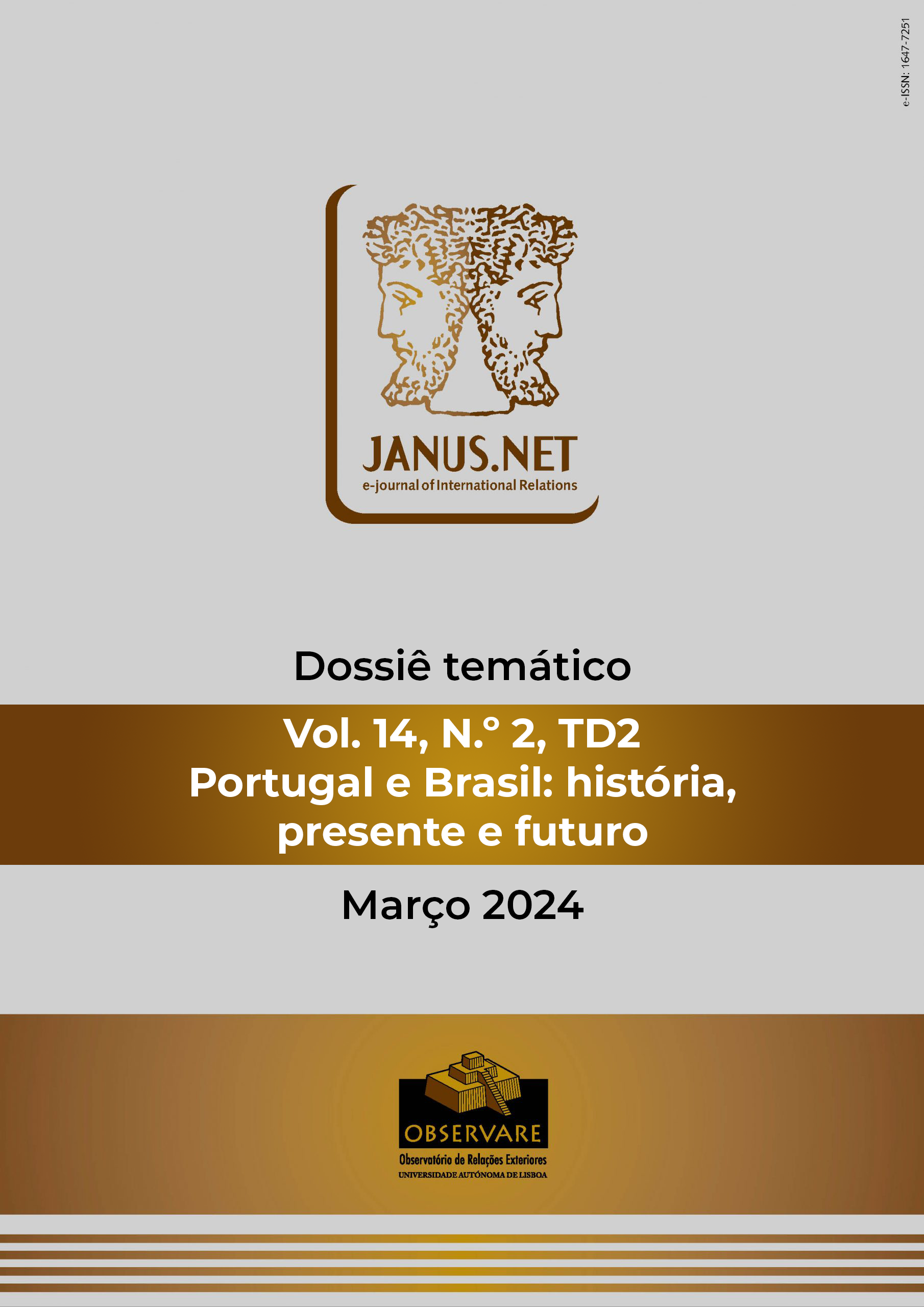FORÇAS E DINÂMICAS NA ORIGEM DA GUERRA DO PARAGUAI – UMA PERSPETIVA
DOI:
https://doi.org/10.26619/1647-7251.DT0124.4Keywords:
Paraguayan War, Empire of Brazil, Argentina, Paraguay, UruguayAbstract
The central aim of this article is to understand and analyse the internal and regional motivations of the River Plate Basin states and their external ties, in order to elucidate the political situation that would lead the Empire of Brazil to issue an ultimatum to the Uruguayan government in April 1864 and, subsequently, to invade Uruguayan territory, provoking the Paraguayan intervention in Mato Grosso and in the adjoining Argentine territory, in order to reach Rio Grande do Sul. The Paraguayan War would begin in December. We consider that the causes of the conflict were fundamentally centred on inter-Platin relations, particularly involving free navigation on the Paraná and Paraguay rivers, Brazil's interests in Uruguay, the ambition of the Argentinian leader Bartolomé Mitre (1862-1868) to consolidate the newly achieved political unity and the threats to the limited regional stability posed by the expansionist and militaristic policy of the Paraguayan dictator Solano López (1862-1870). We conclude that the United Kingdom did not orchestrate the war, nor that it was the result of British imperialism, but rather an expression of the tradition of violence of the 1860s, which characterised the process of building the national state in the River Plate Basin. In fact, the end of the conflict would make nationalism, previously unknown to everyone, clear as a determining element in the process of building a national state in the region.


